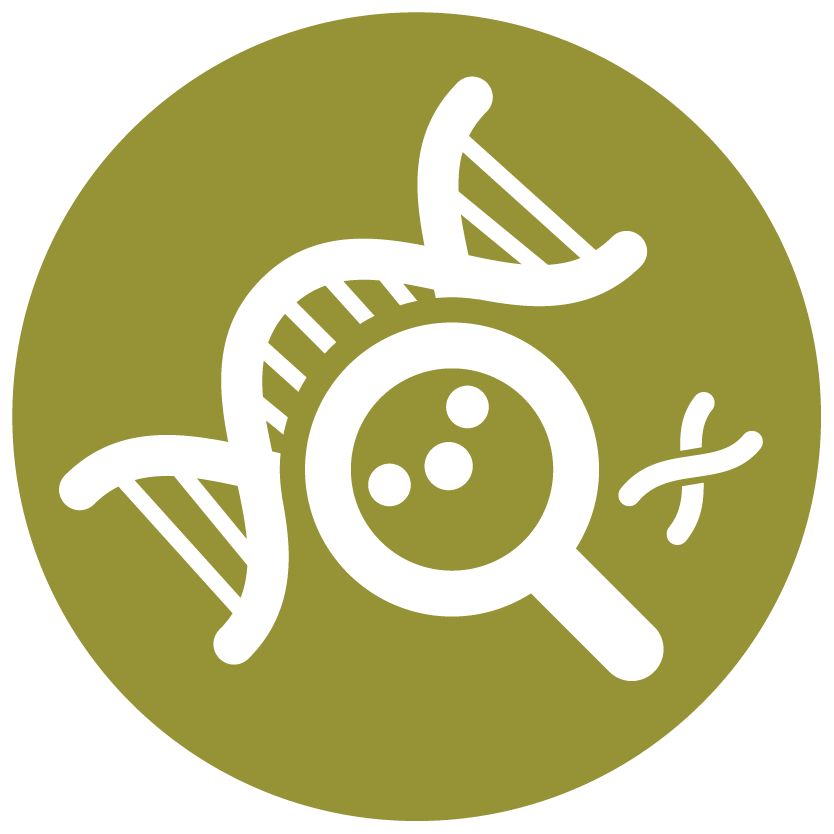Back
Discovery and Basic Research
Session: Rapid Fire: Targeted Drug Discovery and Molecular Pharmacology
Curcumin Analogs-Induced Epigenetic Changes in Tumor Cells
Wednesday, October 19, 2022
3:15 PM – 3:30 PM ET
Location: 255

Tamer E. Fandy, PhD, BCGP, FCP
Professor & Chair, Department of Pharmaceutical & Adminstrative Sciences
University of Charleston
Charleston, West Virginia
Rapid Fire Speaker(s)
Dimethoxycurcumin (DMC) is a more stable and bioavailable analog of curcumin and both drugs demonstrated in-vitro and in-vivo antitumor effects. Several studies investigated the epigenetic changes induced by curcumin and its analogs, such as DNA methylation, histone acetylation, and miRNA modulation. Nonetheless, the impact of these compounds on histone methylation remains largely unknown. Accordingly, we tested the effect of curcumin and DMC on the methylation of different histone lysine residues in leukemia cells by monitoring the activity of both the histone lysine methyltransferases (HKMT) writer enzymes and histone lysine demethylases (HKDM) eraser enzymes in leukemia cells. We also compared the impact of both drugs on 95 different histone posttranslational modifications using mass spectrometry. Both drugs induced similar epigenetic changes with minor differences, indicating that DMC is a potential antitumor candidate that can progress into clinical trials.
Learning Objectives:
- Describe the differences between curcumin and its analog dimethoxycurcumin.
- Identify the epigenetic targets modified by curcumin and its analog.
- Demonstrate the potential for the progress of curcumin analogs into clinical trials.


